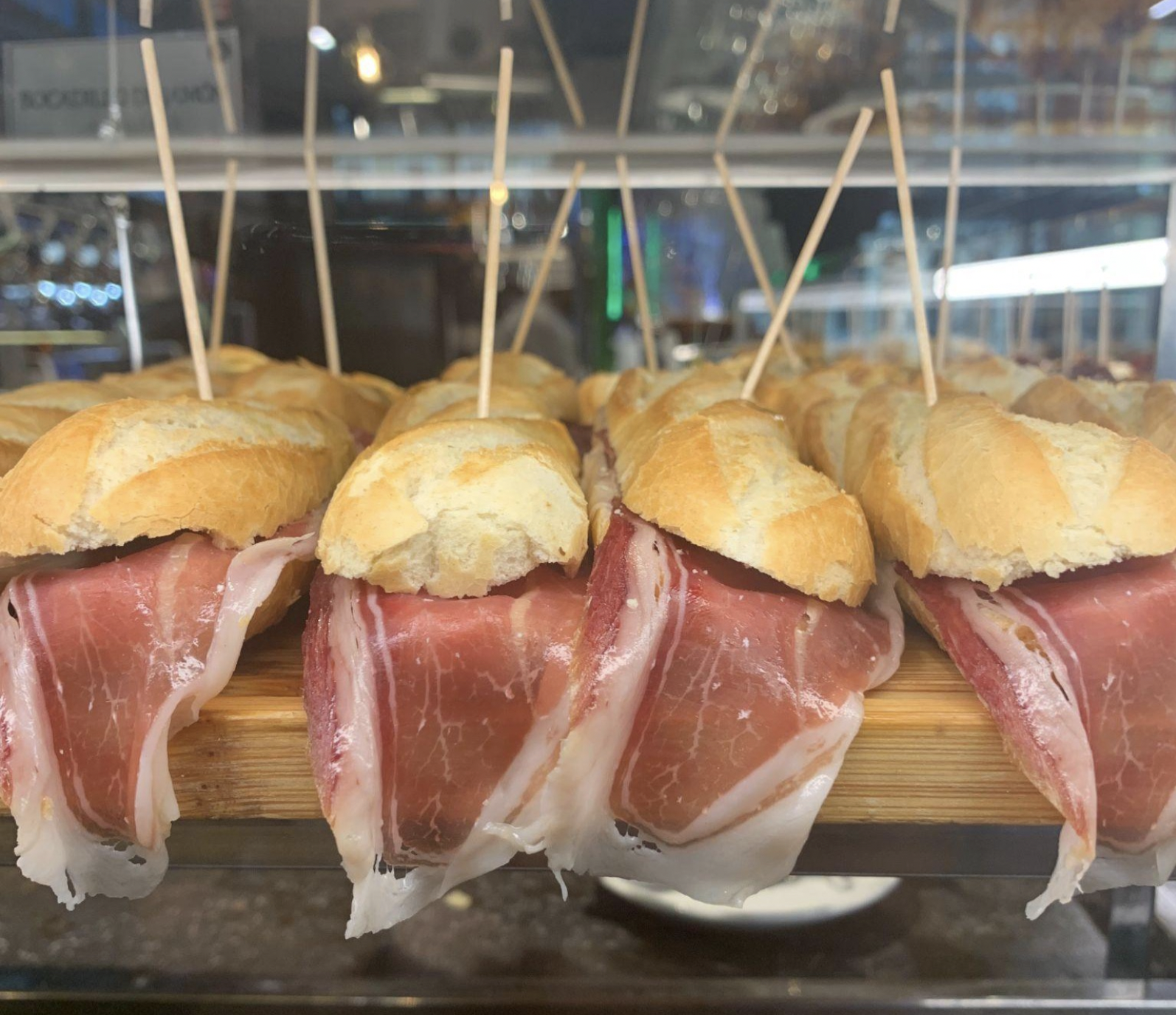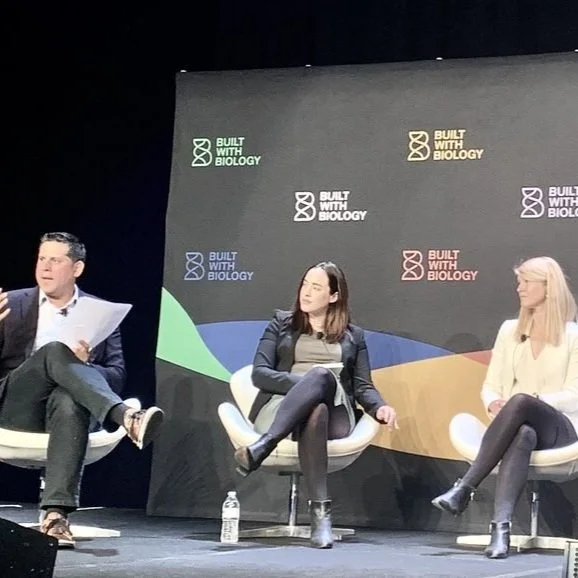Bilbao, Food4Future, and Bio-Strategy
Bilbao, the capital of Spain’s Basque country, sits in a river valley surrounded by green mountains. Dominated by the Frank Gehry-designed metal-clad Guggenheim, the city was the site of this year’s first-ever Food4Future conference.
I was invited by Juan Jose Rubio, to speak at the conference. Juan is a Spanish entrepreneur, who has been working tirelessly building a bio-foundry in Pamplona, Navarra, one state over from Biscay. As amazing as the conference and the food (and it was superb) in the Basque country were, there are several other reasons I am looking forward to going back.
First, based on Juanjo’s efforts, knowing Juanjo and his efforts and the reception we received, I could see the Basque country becoming an important location for a bio-foundry with outsized impact.
Second, I spoke on What’s Your Bio-Strategy? at the conference, at Mondragon University, at Mondragon Corporation, and at government venues in Navarra. This was an honor in and of itself, but the reaction I got from the different people I spoke to (and with) made me more enthusiastic in terms of how we’re changing the world for the better by building with biology.
Aside from the amazing cuisine and the chance to speak, The Food4Future conference itself was great. It was small - maybe 400-500 people - and reminded me of early Industrial Bio or SynBioBeta events where you could get to know everyone in attendance.
While there were many highlights at the conference, my favorite was the amount of interest attendees had in alternate proteins and cultivated meats. This surprised me. I saw that several 100-year (and older) meat producers had already developed partnerships with cell-based agriculture companies, while those that hadn’t were looking for opportunities.
Jamón ibérico on bread rolls. The simplest - but no less satisfying - Basque pintxos. How will these tiny sandwiches be transformed by cellular agriculture?
I was lucky to spend time with Nieves Martinez, co-founder of Novel Farms, who are cultivating jamón ibérico “Iberian ham,” a type of cured pork legs available in Spain and Portugal. I had thought her company would cause some controversy. “Cultivated, cell-grown jamón ibérico, seriously?” Instead, everyone wanted to speak with Nieves about her company and her product.
Juanjo’s hospitality and the delicious cuisine are reason enough to look forward to another trip to Bilbao. But the future of food and biology’s applications to solving real-world problems continue to inspire and motivate me, and I can’t wait to see how this part of the world embraces and evolves these technologies.
If you enjoyed this post, here are some others you may enjoy.







